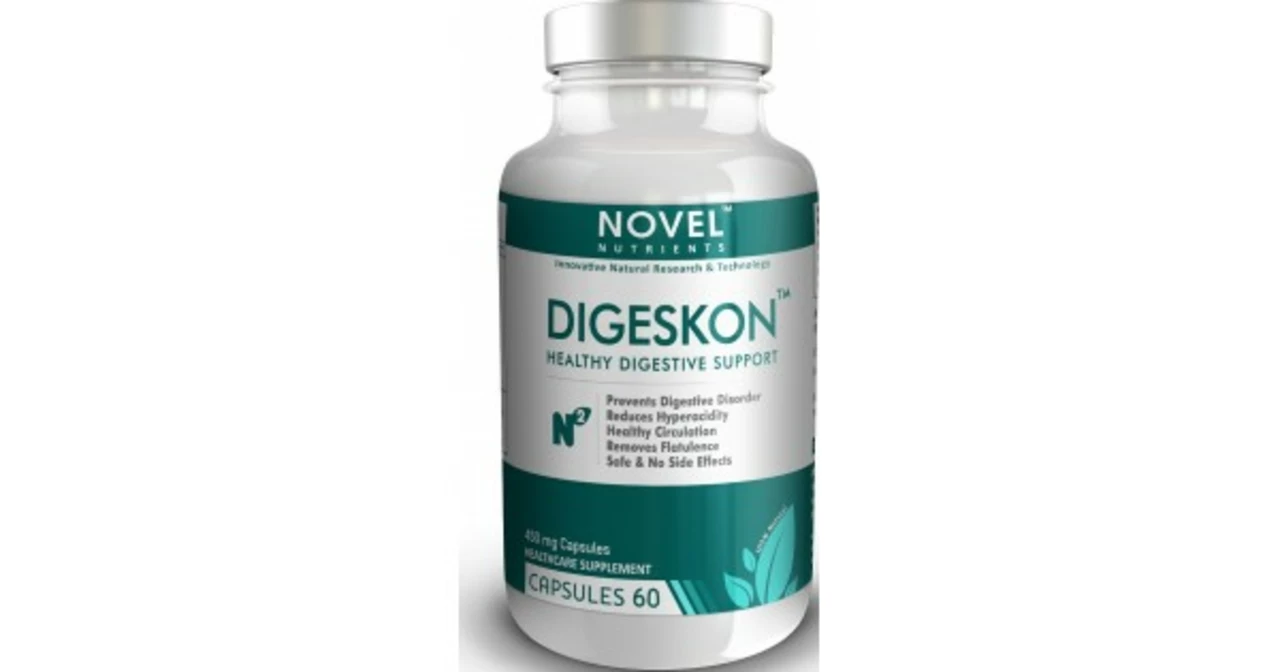Flatulence: Causes, Fast Relief, and Simple Fixes
Everyone passes gas. Most people do it 10–20 times a day. It’s normal, but when gas causes pain, embarrassment, or bloating every day, you want clear fixes you can try now. This page gives straight, practical tips so you can feel better fast and prevent repeat problems.
Common causes of excess gas
Swallowed air is a top cause — from eating too fast, drinking carbonated drinks, or chewing gum. Diet matters: beans, lentils, cabbage, broccoli, onions, and whole grains produce more gas as gut bacteria break down fiber. Sugar alcohols (sorbitol, xylitol) and artificial sweeteners can cause bloating. Lactose intolerance, small intestinal bacterial overgrowth (SIBO), and IBS also drive frequent gas. Some meds like metformin, certain antibiotics, and fiber supplements increase gas too.
If gas comes with new, severe belly pain, fever, unexplained weight loss, or bloody stool, see a doctor right away. Those signs suggest something more than routine gas.
Fast relief and daily habits that help
Short-term moves that often work: walk a few minutes to help gas move through, lie on your left side, or gently massage your belly in a clockwise direction. Over-the-counter helpers include simethicone (Gas-X) to break up bubbles, alpha-galactosidase (Beano) before meals with beans or cruciferous veg, and lactase pills if you suspect lactose intolerance.
For regular issues, try these practical changes: eat slower and chew well, stop carbonated drinks and gum, cut back on sugar alcohols, and reduce large servings of high-fiber foods for a few weeks while you adjust. Keep a short food diary for 1–2 weeks: note what you eat and when gas spikes. That usually points to the culprit quickly.
Probiotics can help some people by balancing gut bacteria. Trials show certain strains reduce bloating and gas for many users, though results vary. If you try probiotics, pick a product that lists strains and doses and use it for at least 4 weeks to see benefit.
If gas started after a new medication, check the leaflet or ask your pharmacist. Sometimes spacing doses differently or switching medicines solves the problem. For persistent or worsening symptoms, ask your doctor about tests for lactose intolerance, celiac disease, or SIBO.
Want a quick routine to try? 1) Keep a food diary for 2 weeks. 2) Cut sodas and gum. 3) Try simethicone as needed and an enzyme (Beano) with offending meals. 4) If no improvement, talk to your GP about testing or a short trial of probiotics. Little changes often make a big difference.
On this tag page you’ll find related articles about antibiotics, digestive supplements, and safe medication tips that can affect gas. Use them to learn more about specific causes and treatments that match your situation.
The Impact of Stress on Flatulence and Digestive Health
In my latest blog post, I explored the surprising connection between stress and digestive health, specifically focusing on flatulence. I discovered that stress can indeed exacerbate gas production, as it impacts the balance of gut bacteria and causes our digestive system to function less efficiently. Furthermore, I found that stress-related hormones can also contribute to bloating and abdominal discomfort. To improve our overall digestive health, I emphasized the importance of incorporating stress management techniques into our daily routines. Finally, I shared some helpful tips and remedies to alleviate gas and promote healthy digestion.
About
Health and Wellness
Latest Posts


Discover Top Levitra Discounts and Deals for Your Health
By Marcel Kornblum Dec 28, 2024

Top Alternatives to Vibramycin: Effective Antibiotic Options
By Marcel Kornblum Oct 29, 2024

The potential use of dipyridamole in the treatment of multiple sclerosis
By Marcel Kornblum May 6, 2023

